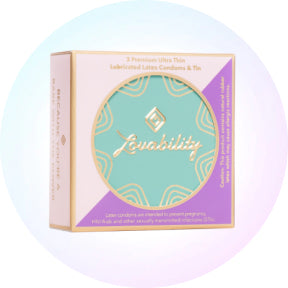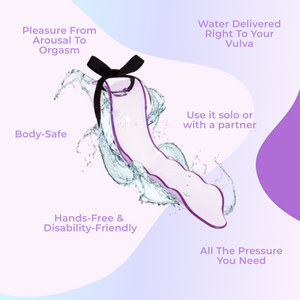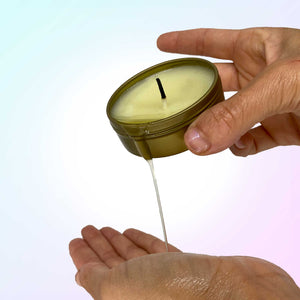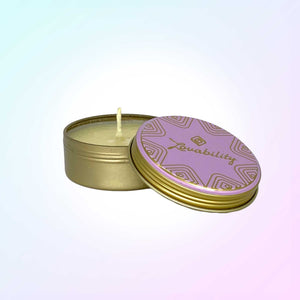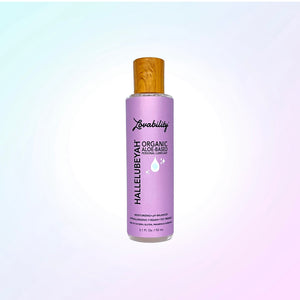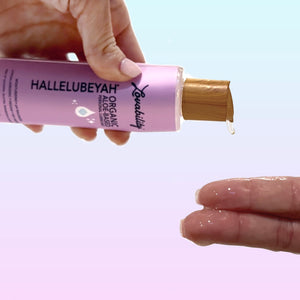If you are a teenager, then you might be wondering to yourself, how do condoms prevent STDs? Most teenagers do not consider this an essential part of their sexual education, and most people do not know that prevention is better than cure. Condoms do not just help prevent pregnancies; they also help to avoid STDs.
How effective are condoms against STDs?
- Condoms do not just stop babies from being born, and they do not just reduce the risk of getting cancer. They also help prevent contracting STDs.
- When it comes to how condoms prevent STDs, we must look at the two primary ingredients in the condoms - the lubricants and the spermicide.
Lubricants - lessen the friction on the skin during sexual intercourse and reduce the amount of friction present. When the skin does not feel any conflict, there is less chance for spermicide to do its job.
Spermicide - kills the unwanted sperm cells and prevents pregnancy. There are many different kinds of spermicides that you can find on the market today.
Unfortunately, not all companies use the same kind of ingredients for their condoms. However, the most commonly used ones are the anti-spermicide and nonoxynol-9. Anti-spermicide means substances that prevent the sperm from attaching to the egg cell. On the other hand, nonoxynol-9 is a substance that prevents the transfer of disease from the mother to the child.
Aside from using condoms to prevent STD, you should also do other things to reduce the chances of catching an STD. One of these is having a healthy lifestyle. A healthy lifestyle means not doing drugs and quitting smoking. If you do not quit smoking, then you may increase the possibility of having an STD. Thus, it is best if both you and your partner do not smoke.
- Using condoms prevents STDs by preventing the transfer of disease. You should never forget to do the right thing, even if it means using condoms every time.
- Another way of preventing STDs is by knowing the expiration date of your product. This is very important because a pregnant woman's health is still at risk even if she uses condoms. Make sure that she regularly checks the expiration date of the product. If the expiration date is near, make sure to change your choice immediately. Otherwise, it can lead to possible infertility or pregnancy.
The best way to know the expiration date of your product is to keep a check on it at home. Once you find out the date, buy another one to use for a more extended period. However, if you find that your choice wears out before the expiration date, you may need to purchase a new condom so that you do not put yourself at risk.
Some of the other reasons people do not always protect themselves from STDs are because they do not know that some STDs do not occur due to improper condom use.
Some STDs, for instance, are caused by parasites and other microorganisms. Hence, using a condom does not necessarily guarantee you won’t catch any of these diseases. However, it is advisable to use a condom during intercourse anyway.
Those who are allergic to latex sometimes do not feel comfortable using condoms. Fortunately, there are many options for those who are allergic to natural rubber latex. You can use non-latex condoms and use them if you feel the need.
As mentioned earlier, it is advisable to buy condoms well before the expiration date. If you do not purchase condoms near their expiry date, you expose yourself to sexually transmitted diseases such as gonorrhea, trichomoniasis, and herpes.
Do Condoms Prevent STDs 100 Percent?
Believe it or not, there have been many scientific studies done on this question, and the results range from yes to no. Condoms do not "prevent" STDs! They help reduce the risk of contracting an STD, but many other things go into contracting an STD, such as; how well you know your partner if you practice safe sex and your overall health.
Understanding the types of condoms can also help.
- Non-latex condoms are made of a rubber-like substance called non-latex, also known as polyisoprene. Polyisoprene is made up of several chemicals, including a polymer compound, which makes it resistant to heat and chemicals. A Teflon (an anti-tarnish blend) prevents scratches and marks and is an added ingredient that makes the rubber hard. The difference between a non-latex condom and a latex condom is obviously that it lacks latex.
- Latex condoms contain a synthetic chemical, latex. When used by someone with a latex allergy, they can irritate the user's vagina, penis, mouth, and skin and can cause burning sensations during intercourse. However, non-latex condoms do have a waxy substance on the outside of the condom. They are more likely to slip out of place during intercourse, so they are not recommended for use during penetration unless you are using a lubricant.
Facts and myths to figure out the amount of protection
So, now that we know what we're looking for, how can we figure out the best way to get the most protection while still getting the kind of pleasure we want from the activity? First off, do condoms reduce a man's penis size? There are many different studies on this topic, but the consensus is that they do. Some people will argue that the supposed reduction in penis size is from a lack of sensation caused by latex, while others will say that latex does not allow for as much sensitivity as a man would like. There is no conclusive answer on which one is right, but we agree that some good facts and myths surround the topic.
- One myth that you may have heard is that condoms cause infertility. This is just not true since most men will have the ability to fertilize a female's eggs at some point during their sexual experience. Since most contraceptives prevent pregnancy, it is false to assume that condoms cause an inability to conceive. Many experts suggest that using a condom during any sexual activity reduces the chances of getting STDs and reduces the risks of pregnancy. Condom use is beneficial to those who want to avoid pregnancy altogether.
- Another common myth surrounding condoms is that using lubes or other personal lubricants reduces the likelihood of being afflicted with genital warts. The truth is that while many condoms contain ingredients that may slow down sperm movement and decrease the possibility of pregnancy, the ingredients in personal lubricants such as oil or jelly do not have the same effect. However, using lube does seem to increase the pleasure felt during intercourse. Also, many couples who choose to use lube during sex do so because the additional lubrication creates an added comfort level over the more slippery sensation of natural oils. For this reason, many physicians and health experts do not recommend the use of lube during sexual activity.
More Articles You Might Love

Get To Know Your Vulva



